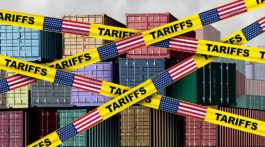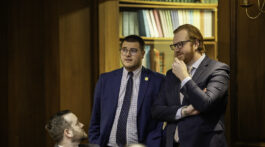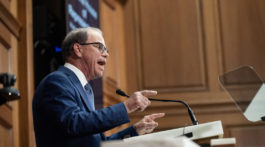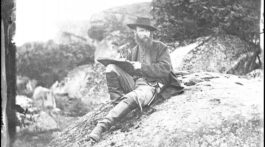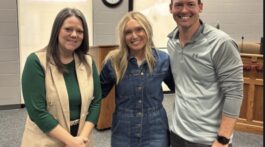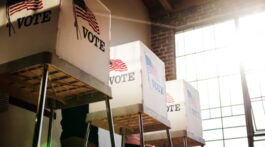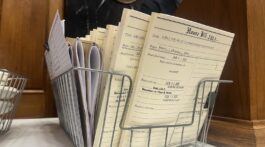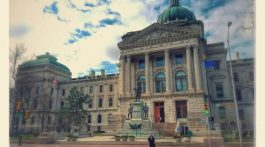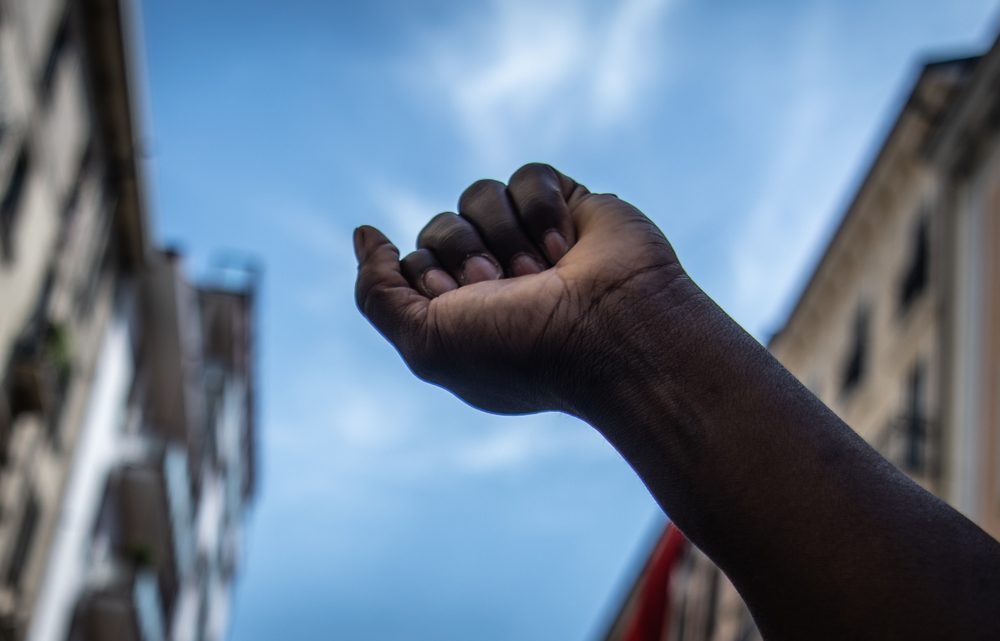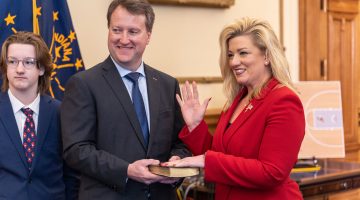by Abdul-Hakim Shabazz
Growing up in Chicago, there was a journalist by the name of Lu Palmer. He was the quintessential activist who was instrumental in getting the city’s first black mayor, Harold Washington, elected back in 1982. In addition to being a journalist, Palmer was also a political organizer, radio show host, and newspaper publisher. And one of his famous sayings when he thought African-Americans were getting a raw deal by the powers that be he’d say, “it’s enough to make a negro turn black.” In other words, it’s time to stop being polite and time to get militant. And while Mr. Palmer and I have different politics, when I look at the first proposal introduced by the Indianapolis City-County Council, his saying is right on the money.
Under Proposal 1, the Council would create a commission to study the impact of climate change on Indianapolis and make recommendations, ultimately making the city carbon neutral by 2050. Now I am all for a clean environment and sustainability. Former Indianapolis Mayor Greg Ballard, a Republican, was a leader in this area and looked at cost-efficient ways to make the city greener, both from an environmental perspective and saving the taxpayers money. However, I think the first proposal introduced by the new council should have been to address the alarming murder statistic that blacks, while approximately 30 percent of the population were more than 70 percent of the murder victims in 2019.
Depending on how you do the math, Indianapolis had 152 criminal homicides in 2019, 114 of those were African-American; 75 percent. And that number has been pretty consistent over the past several years. During their inauguration speeches, Mayor Joe Hogsett talked about combatting poverty of hope and City-County Council President Vop Osili spoke about working together to improve the lives of our neighbors, well let’s start with the black murder rate in Indianapolis?
In an exchange on social media, environmental justice advocate Denise Abdul Rahman told me that this measure was necessary because as temperatures get warmer, violence and crime increase. I don’t dispute that, per se. However, if you look at 2019’s murder stats, there were only two more murders this past summer than in 2018; however, from October to December, there were eight more in the winter months than in 2018. And if you do a deeper dive, you’ll find most murders in Indianapolis occur indoors and usually in a place that has a thermostat. So, according to those stats, the lead most of these folks are generally worried about comes in the form of a bullet.
The more significant issue for me isn’t a climate change commission. I want African-Americans to live in a healthy environment. But the fact that it was the first ordinance introduced by the new Council is what’s bothersome. To me, the first proposal a body introduces helps set the tone for what we can expect for the coming year. And any black person who has lost a loved one due to crime and violence should be outraged at this. For all the talk in last year’s mayoral election about a black agenda and the ideas that were promoted from several circles to improve the lives of blacks in Indy, you would think that one of those would have been a top priority. But instead, it’s existential legislation that not only won’t do a thing to help prevent violence in the streets but has already been done before by folks who specialize in this area.
Politics is about perception. And the perception here is that instead of the first order of business for the new council being to take concrete steps to reduce crime and violence in the African-American community, it forms a panel to do study what’s already been done and won’t stop one person from being shot. African-Americans should be outraged. And if this isn’t enough to make a bunch of Negroes turn black, I don’t know what will.
Abdul-Hakim is an attorney and the editor and publisher of IndyPolitics.Org. His opinions are his own, but you’re free to adopt and share them if you like.


